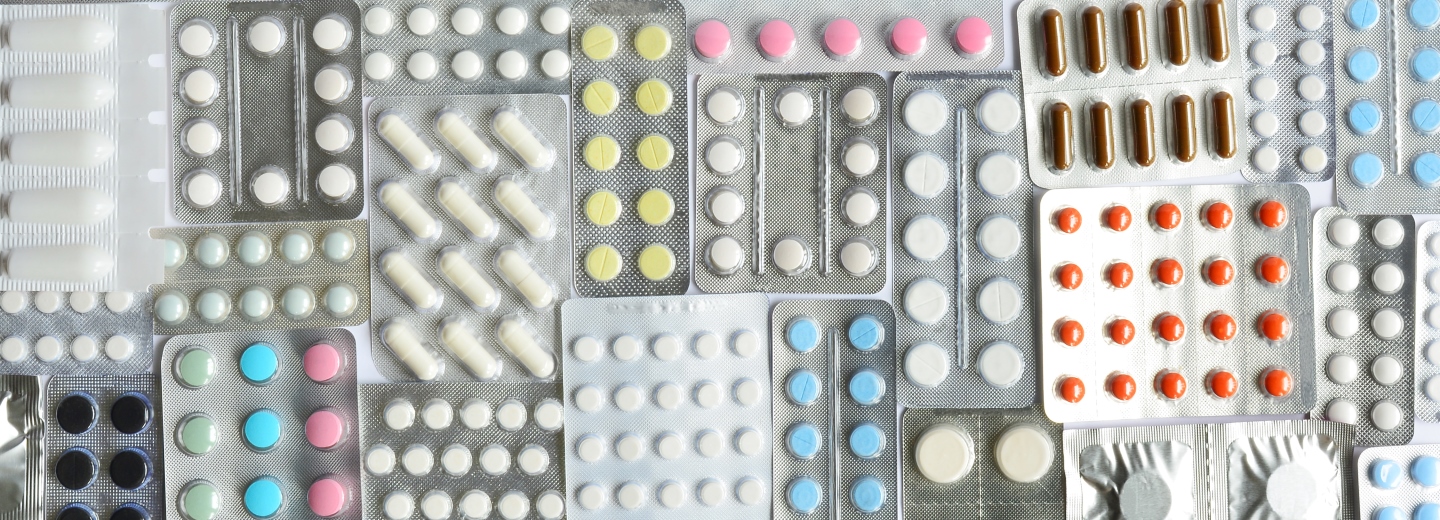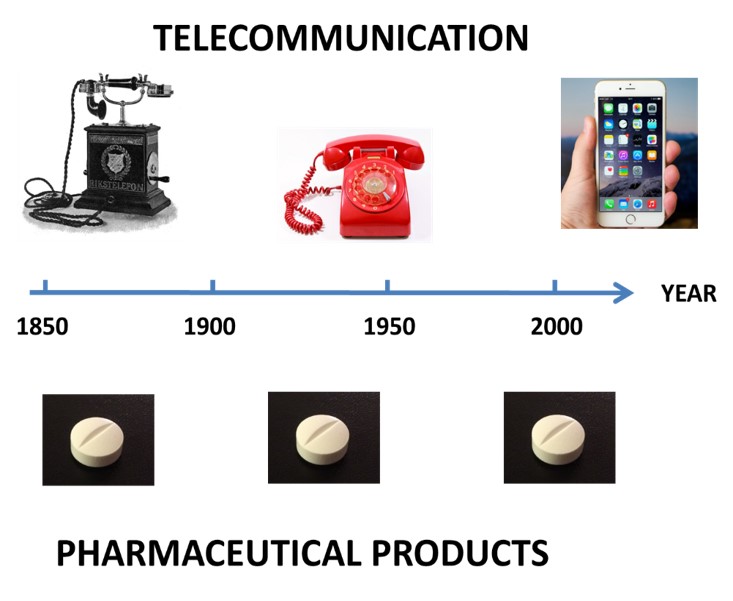
Pharmacists to bring personalized medicine into daily lives of patients
Personalized medicine is becoming more and more widespread. Pharmacists are meeting the challenge by developing and producing personalized medicine for patients. This requires significantly different products than are available today, according to a new Nordic research network that has received a grant of DKK 38.2 million.
Better diagnosis and knowledge about illnesses' genetic and metabolic make-up will soon make it possible to customize medicinal treatment of patients by using so-called personalized medicine. Personalized medicine tailors the dose and pharmaceutical formula to the individual patient.
Great progress has been made in gathering patient data, but there still lies a huge challenge in being able to produce medicine for the individual patient. Development of new methods for producing the personalized medicine, which is now in demand by both society and patients, is progressing slowly.
This is according to Professor of Pharmaceutical Science Bente Steffansen from SDU. Along with Professors Martin Brandl, Carsten Uhd Nielsen, Annette Bauer Brandl and Associate Professors Judith Kuntsche, Jonatan R. Brewer and Paul Stein, Bente Steffansen is representing SDU in a new scientific research network drawn from universities from five Nordic countries.
Fixed doses of medicine
The network has just received a 5-year grant from Nordforsk for the collaboration Nordic patient oriented products (Nordic POP). In addition to SDU, the participants are the University of Copenhagen, the University of Iceland, Chalmers University of Technology, the University of Helsinki, UiT The Arctic University of Norway, Åbo Akademi University, the University of Oslo, Uppsala University and the University of Eastern Finland. The total grant is around DKK 32.8, of which SDU's portion is approximately DKK 3.3 million.
 If you compare developments in telecommunication with developments in pharma products, you will see that not much has happened for the pharma products.
If you compare developments in telecommunication with developments in pharma products, you will see that not much has happened for the pharma products.
- Pharmaceutical products today are not designed to be personalized but generally contain a fixed dose of medicine. We are facing a major challenge in being able to develop and use experimental laboratory-based methods that are suitable for producing relevant data about the medicine so that computer models can translate it into relevant information that can be coupled to the individual patient's needs. Connecting knowledge about the patient with physiological and genetic data is a prerequisite for being able to produce personalized medicine customized for the individual patient. In terms of cost and safety, it is not feasible to produce the individual products by hand. Instead, we need new forms of production, for example 2D and 3D printing, which are suitable for producing the new product designs, which can be individualized in situ, says Bente Steffansen.
The new research network has the objective of developing new strategies and methods for developing flexible and patient-oriented products. It aims to develop new principles for laboratory-based methods that can lead to relevant information about the medicine's interaction with the individual patient's physiology, about product design and about new methods for producing and quality assuring the products.
- And there needs to be a paradigm shift in the way we develop and produce products. Pharmacists in the future will have to be able to make personalized medicine, and be able to adjust the dose and form of medicine (e.g. spray, plaster, tablet or cream) for patients with different ages, genders, lifestyles, genetic profiles, metabolisms, intestinal flora, etc., says Bente Steffansen.
She predicts that patients in the future will be given and have to take on greater responsibility for the treatment of their illness to a much greater extent than they do today.
- Many patients become a kind of specialist in their own illness by gathering relevant information and gaining knowledge about their illness - and many of them are very good at it, she says.
Pharmacists have a great responsibility
- We think that in the future medicine will be prescribed, developed and administered in a close interplay between doctor, patient and pharmacist. Pharmacists have the fundamental responsibility for ensuring an acceptable balance between documented effect and potential side-effects, and that this balance is sufficiently professionally and ethically sound in the products that are marketed. The point is that the balance between effect and side-effects can vary between patients and is therefore a core point in the development of individualized medicine. Pharmacists are society's medicine experts, and in the future they will have the responsibility for making sure that the marketed medicines are of an acceptable quality for the individual patients, which will of course also be reflected in the pharmacists we educate.
All of the represented countries in the new research network show considerable growth in the export of Life Science products. Sweden and Denmark are at the top of export figures: Life Science products comprise 5% of Sweden's total exports and 16% for Denmark.
The new network will start with a kick-off meeting at SDU, 29th-31st January.